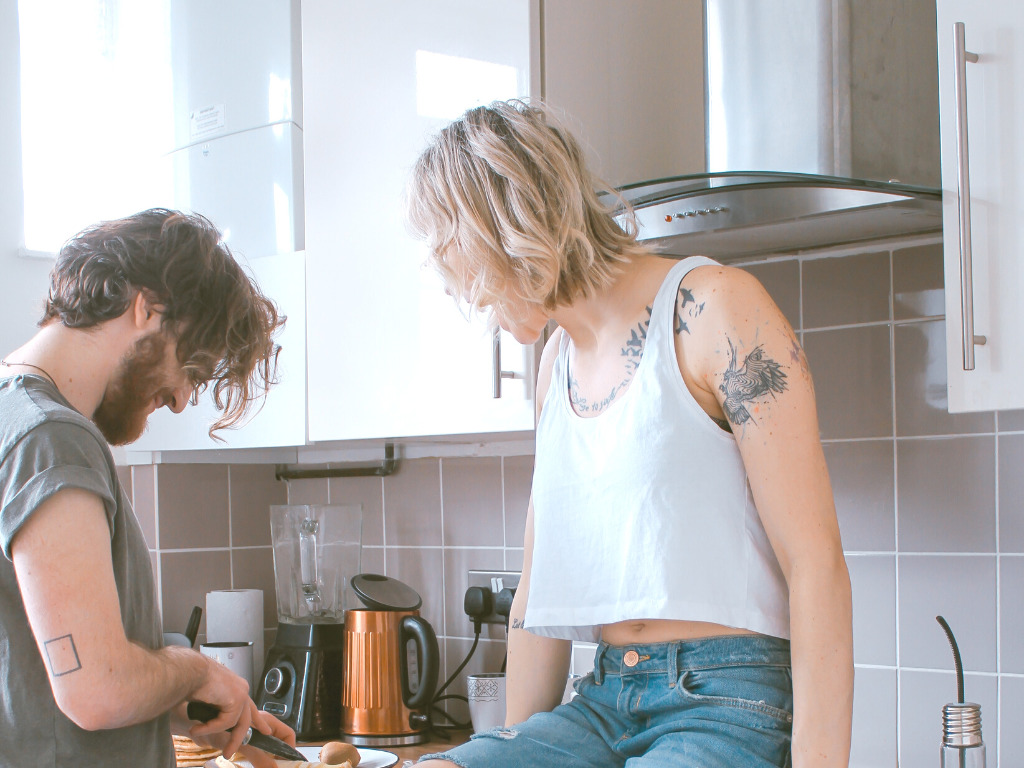5 Mins Read
Make new eco habits with these eco-friendly swaps you can make today to ditch single-use products.
We like to think that we don’t leave a massive footprint behind on our planet. But have you thought of the many little things in our daily routines that do add up? If you want to make some eco-friendly changes, now is always the right time. And no, we’re not talking about ditching single-use plastic straws. We’re upping the eco ante with 8 easy things that you might not have thought to swap out.
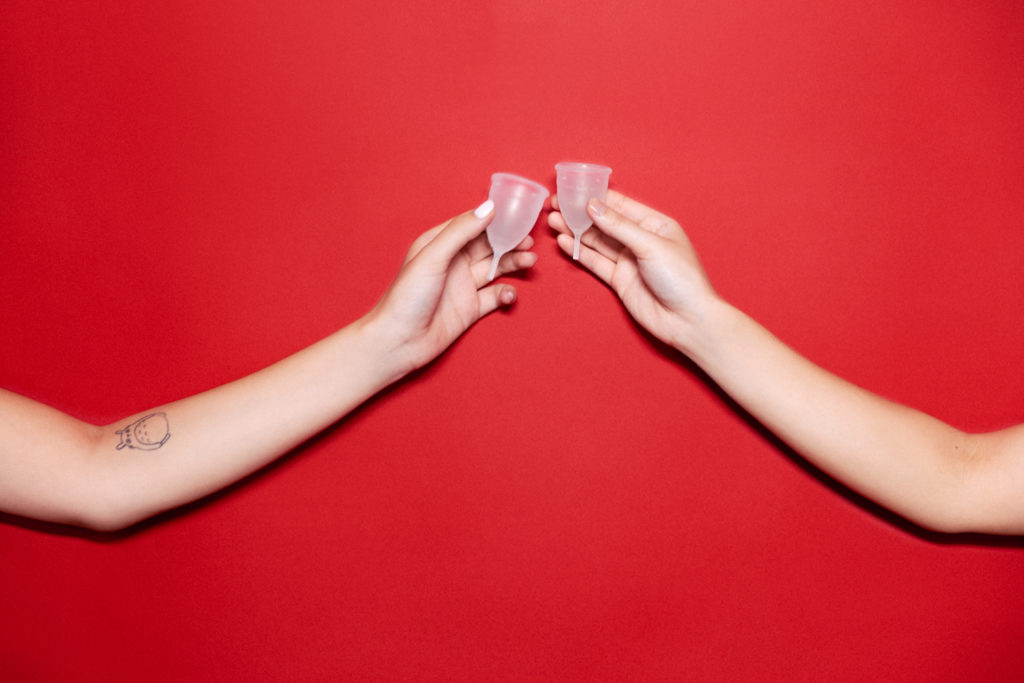
1. Ditch Conventional Sanitary Products For Eco-Friendly Alternatives
Did you know that the average woman gets through an estimated 11,000 disposable menstrual products over a lifetime, and that sanitary products amount to over 200,000 tonnes of waste in landfills each year? In addition, many conventional pads, tampons and other feminine hygiene products in the mainstream market are loaded with irritants and toxins associated with allergic reactions and other health issues. To lessen your environmental impact and prevent adverse health effects, choose natural and organic sanitary products that are free from synthetics and produced using pesticide-free methods, or choose reusable pads, underwear and cups that will last you years. LUÜNA, for instance, is a local feminine care brand offering organic pad and tampon monthly subscriptions, as well as the menstrual cup. Zero-waste stores will also stock various brands of menstrual cups and underwear that can be used over and over again.
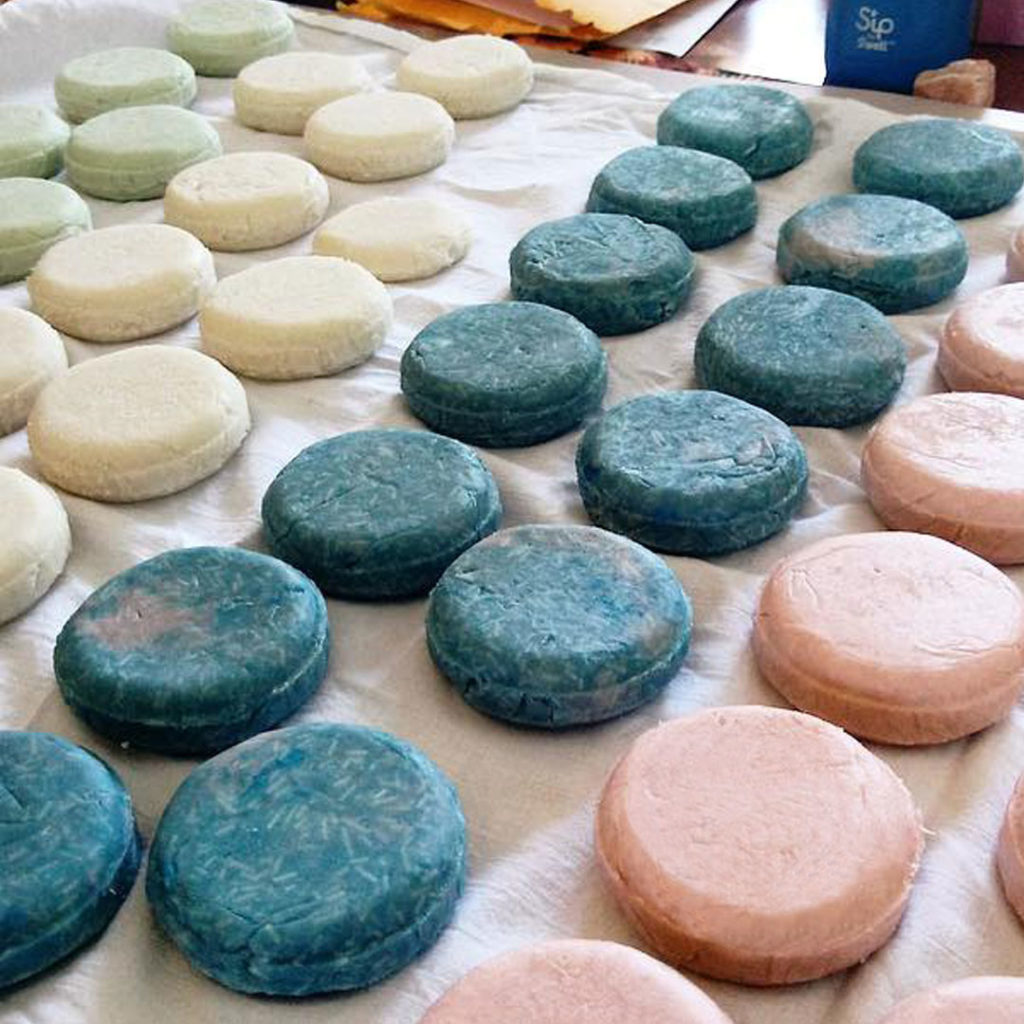
2. Say Bye To Bottled Liquid Shampoo, Hi To Packaging-Free Shampoo Bars
It’s incredible how many plastic bottles the world dumps into our landfills and oceans every single year due to our shower routines. Enter the plastic-free and ultimate zero-waste alternative: the shampoo bar. These bars are special shampoo solutions designed to help clean out all the gunk in your hair, and are usually created using natural formulas without the long list of toxic chemicals on the ingredient list. LUSH, widely credited for inventing and popularising the shampoo bar, opened a new naked store in the heart of Hong Kong’s shopping district Causeway Bay, where you can pick up some shampoo bars sans packaging.
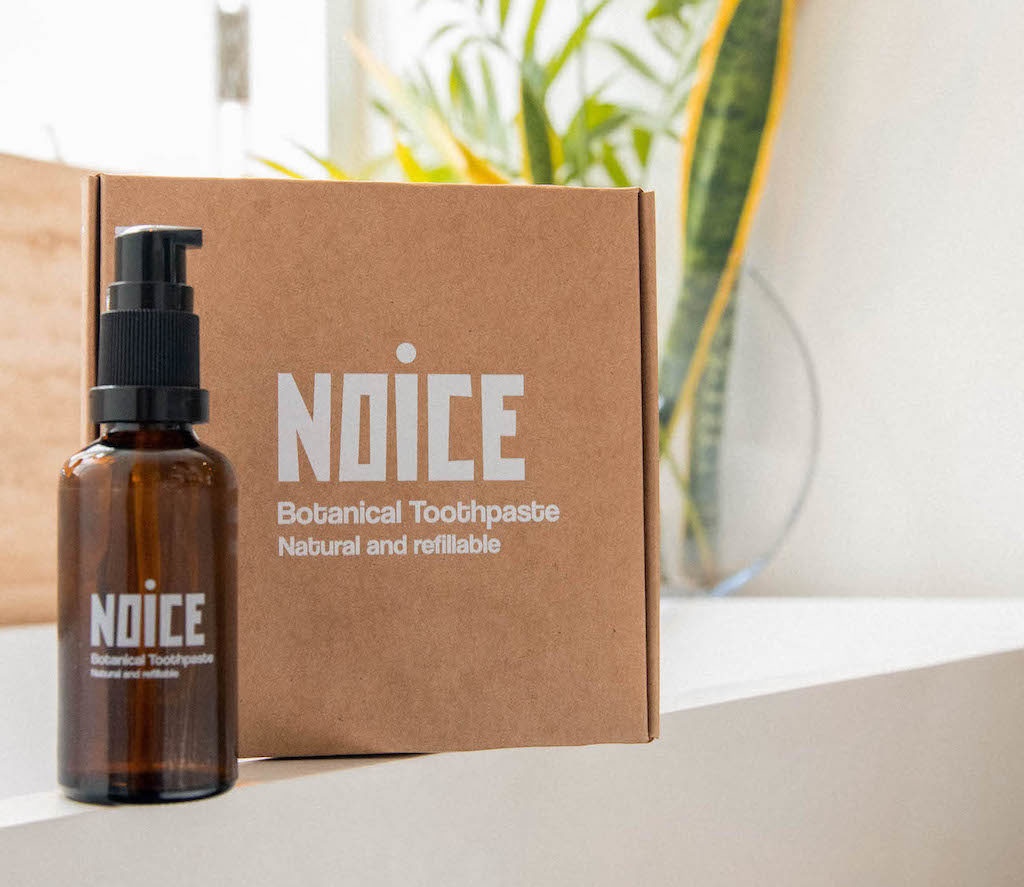
3. Revamp Your Dental Routine With Refillable Toxin-Free Toothpaste
It is so easy to dismiss the impact of our daily toothbrushing, but this repetitive act accounts for an astonishing 20 billion tubes of plastic thrown out annually. As our global population grows, some suggest that this figure will jump to 25 billion by 2024. So one thing you can easily do to greenify your dental routine is to use a refillable and natural toothpaste alternative. Just launched last month, Singapore startup NOICE CARE has created a 100% certified organic and natural botanical toothpaste that is packaged in an amber glass container that is refillable.
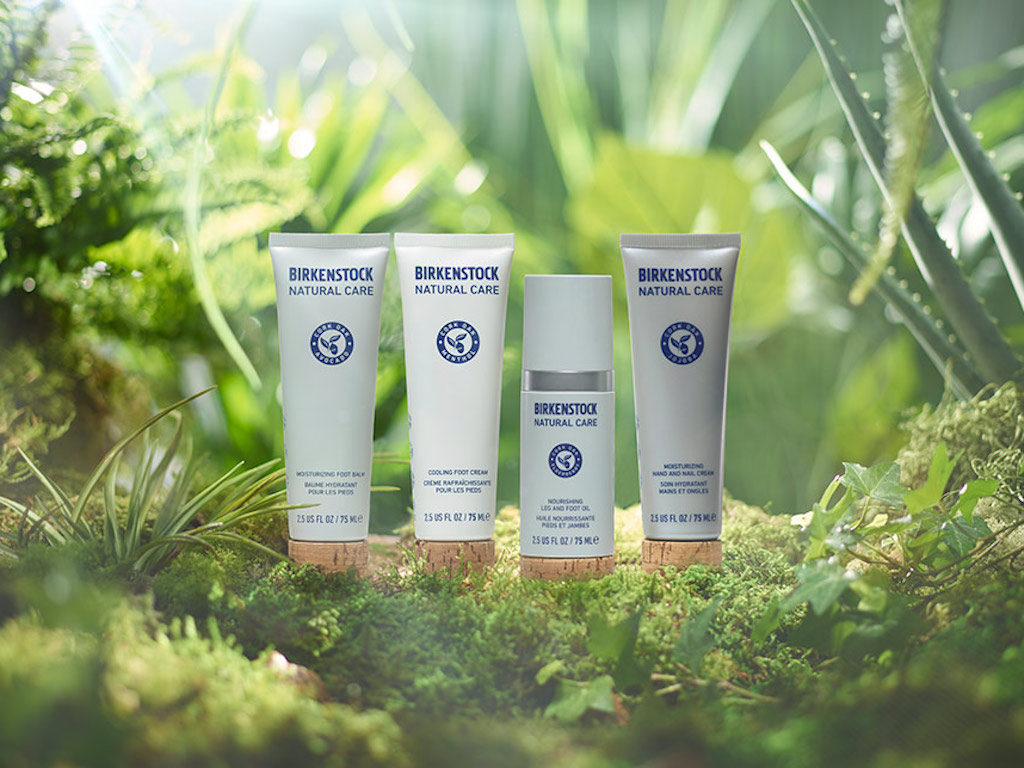
4. Choose Low-Waste, Natural & Organic Cosmetics & Skincare
From deodorant to make up and other cosmetics, we often ignore the waste generated from these products. Whether it is unnecessary packaging or individual plastic containers and tubes, these definitely add up. So if you’re running low on your daily cosmetic and skincare products, why not choose more sustainable alternatives that are low-waste, organically produced and plastic-free? Check out some that we spotted at this year’s Natural & Organics Asia (NOA) show, visit your local bulk beauty store, or order online from brands that offer natural, cruelty-free, vegan, sustainably packaged or refillable products like Birkenstock Natural Skincare, Kinship and Bulldog.

5. Out With Google, In With Ecosia
Have you ditched Google yet? Ecosia developed by a German certified B Corp, is the greenest search engine that plants trees with every web search you make, and doesn’t take any of your data for personalised searches either. So for those who want to help fund some projects around the world to fight our carbon emissions, this little change is perfect.
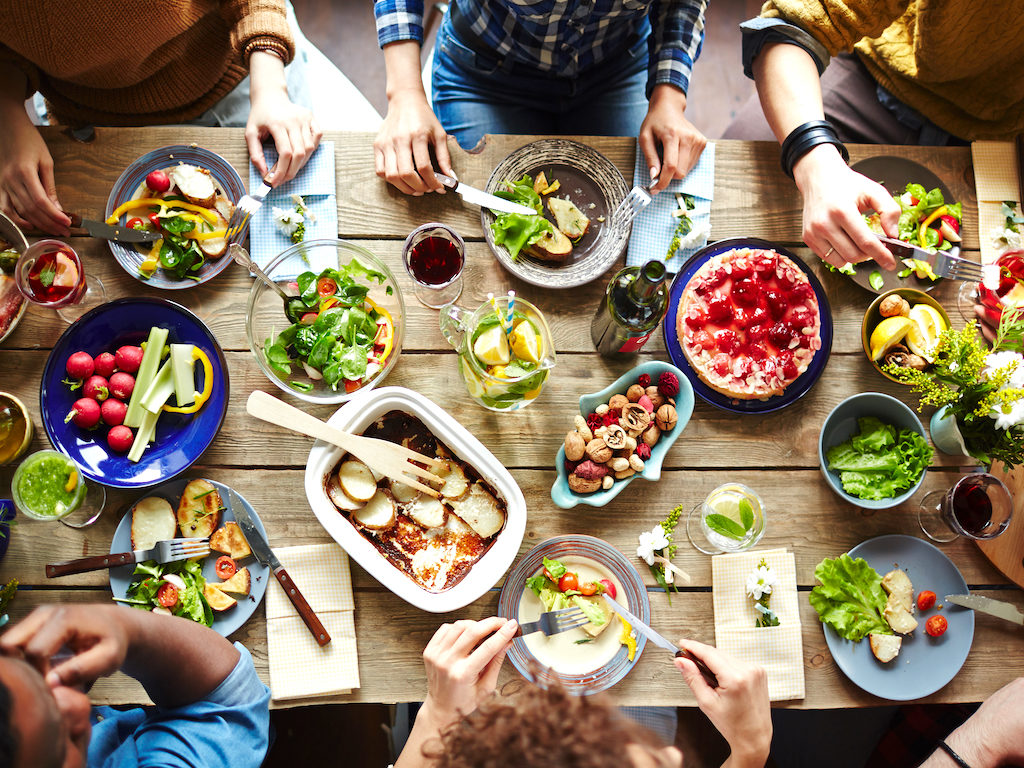
6. Say No To Meat & Yes To Plant-Based
Meat and dairy consumption around the world and in Asia just keeps growing, despite repeated United Nations warnings about the damage this does to our degrading planet, from water, soil and air contamination to fuelling deforestation and carbon emissions. One of the easiest habits you can kickstart now is to eat more plant-based!
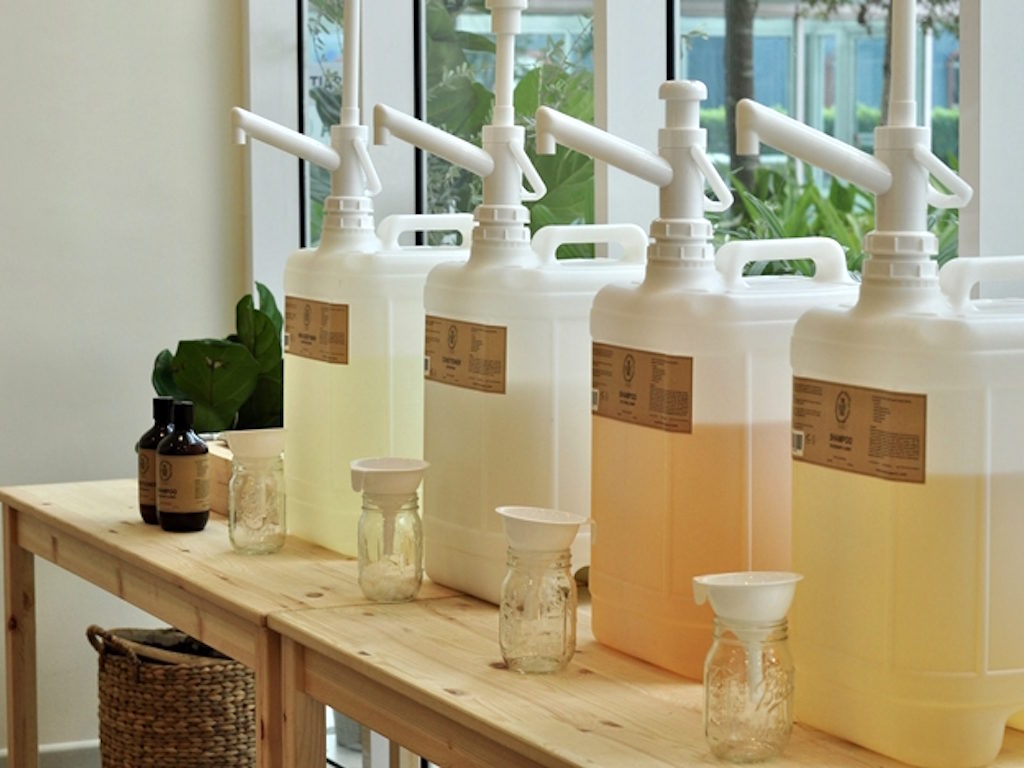
7. Make Your Household Cleaning Routine Plastic-Free
Another step we can take to live more sustainably is to take the plastic out of our household cleaning products. Some figures say that each family throws out 30 to 50 plastic cleaning product bottles every single year. While most supermarkets tend to be a single-use packaging nightmare when it comes to the cleaning aisle, you can opt to get your cleaning products from packaging-free bulk stores. We have a complete list of where to get these supplies in Hong Kong, so all you have to do is to remember to bring your own refillable containers, bottles and jars.
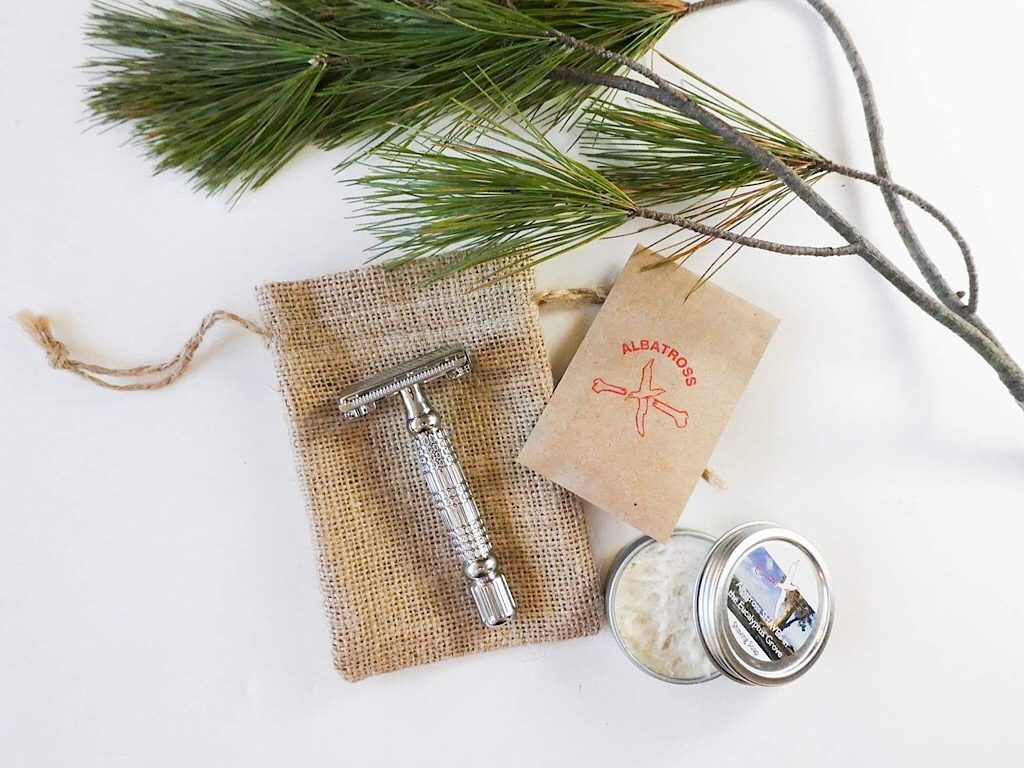
8. Trade In The Disposable Version For A Lifetime Safety Razor
We produce 1 million pounds of plastic waste from disposable shavers this year, according to the Environmental Protection Agency (EPA). That’s enough to wrap the entire earth from one end to another 6 times over. The bulk of the plastic coating that these multi-bladed cartridge razors, which only get used a few times at most, are not recyclable or biodegradable, contributing to landfill waste and plastic ocean pollution. By switching to a safety “lifetime” razor, tonnes of waste can be eliminated from your grooming regimens. Plus, it’ll save you a good amount of money too as you won’t have to ever purchase a razor again.
Lead image courtesy of Freepik.

